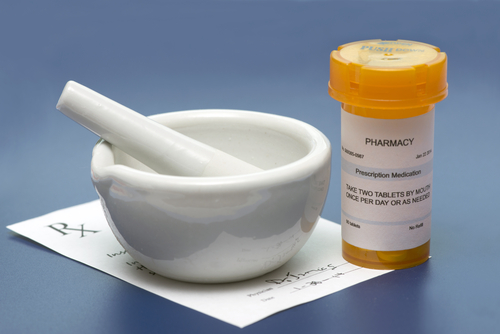ER WAIT
iER WAIT
i
What is compounding and why is it necessary?
Compounding is the creation of a pharmaceutical preparation -a drug- by a licensed pharmacist to meet the unique needs of an individual patient when a commercially available drug does not meet those needs. A patient may not be able to tolerate the commercially available drug, the exact preparation needed may not be commercially available, or a patient may require a drug that is currently in shortage or discontinued.
Examples of how a compounding pharmacist can customize medications based on a doctors prescription to meet a patient's needs: